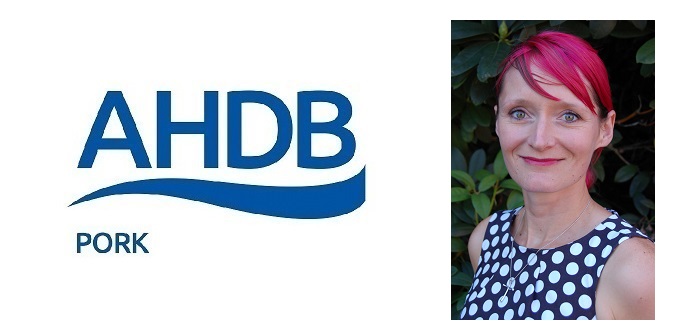The development of an improved information exchange between livestock producers and pigmeat processors is making good progress, with farmers being promised the future delivery of “more focused post-mortem inspection conditions” which they can act on.
Efforts to improve the current producer/processor information flow is being undertaken in preparation for the planned replacement of the British Pig Health Scheme (BPHS) by the Collection and Communication of Inspection Results (CCIR) programme, a transfer which is due to be completed in March 2017.
“The Food Standards Agency (FSA) is legally required to provide information to producers, regarding their findings at ante-mortem and post-mortem at the abattoir, a process which is currently supported by BPHS and is the requirement for CCIR,” said AHDB Pork’s food safety project manager, Emma Bailey-Beech, adding that a smooth transition from BPHS to CCIR is vitally important to the industry.
During its work to prepare for transition, however, AHDB Pork found that while CCIR was accurate for the national herd is wasn’t necessarily accurate for each batch of pigs presented for slaughter.
“As a result, we’ve been working closely with industry and continue to work with FSA and their meat inspectors, to improve the accuracy of CCIR before BPHS is phased out,” said Ms Bailey-Beech (pictured above).
FSA programme lead, Ramon Romero, added that he was now “very confident” that a more robust platform was being created, to ensure conditions that relate to public or animal health, or animal welfare, are reported consistently and promptly to ensure the necessary action is taken.
Ms Bailey-Beech said that an FSA-funded trial will begin shortly, in agreement with industry partners, to validate the new arrangements and the system processes involved.
“Once the validation phase is complete we plan to test the system at a mixture of plants so we cover a range of situations before an improved CCIR is rolled out,” she said.




